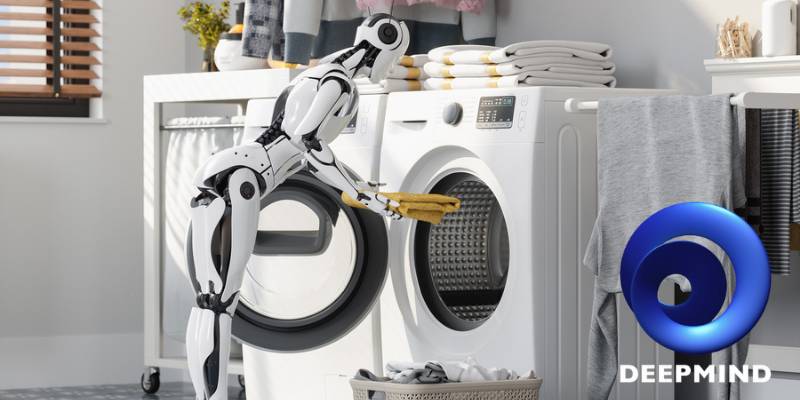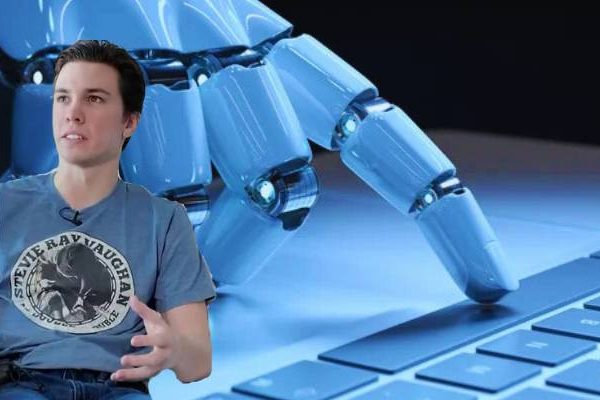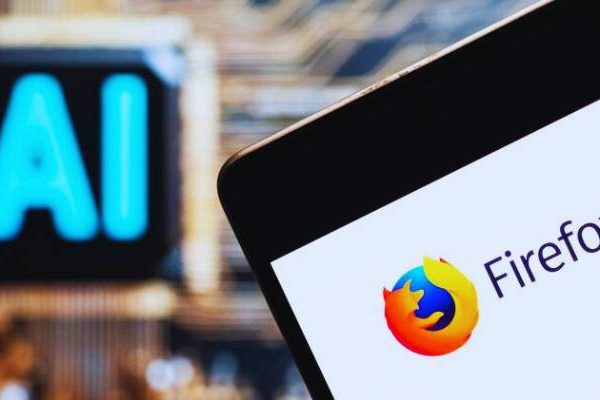
From Laundry to Laptops: DeepMind’s New Robot Learns Everyday Chores
Google DeepMind just unveiled its Gemini Robotics 1.5 system, a leap in AI that lets robots tackle everyday household tasks, like sorting laundry by color or choosing what to pack for a rainy day.
According to FT’s coverage, this upgrade fuses reasoning with real-world adaptability—meaning a machine can now handle tasks we once thought required human judgment.
What really grabs me isn’t just the laundry gimmick, but the fact these robots can pull information from the web to guide their actions.
Imagine one robot figuring out recycling rules in London and another in Tokyo, then sharing that knowledge instantly.
That’s the kind of network effect Axios flagged when raising concerns about AI models gaining skills faster than we regulate them.
It’s not just homes, though. Corporations are already probing similar “agentic AI” for workplace efficiency.
Just last week, Citi launched trials of AI agents that can manage multi-step tasks across internal systems, saving employees the headache of bouncing between apps.
If banks are trusting AI to juggle data pipelines, household chores feel like the tip of the iceberg.
The geopolitical and economic stakes are even bigger. At the Global AI Summit, policymakers warned that AI could impact up to 60% of jobs in advanced economies.
A robot that folds socks sounds innocent enough—until you realize it’s one piece of a wave that might redefine labor markets, skill sets, and even the global trade balance.
Personally, I find myself torn between excitement and unease. On one hand, a robot that does chores is liberating.
On the other, it’s a reminder of how quickly AI is moving from boardrooms and labs into our daily lives.
The laundry basket was always mundane, but in 2025, it just became a symbol of how fast machines are catching up with us.





















